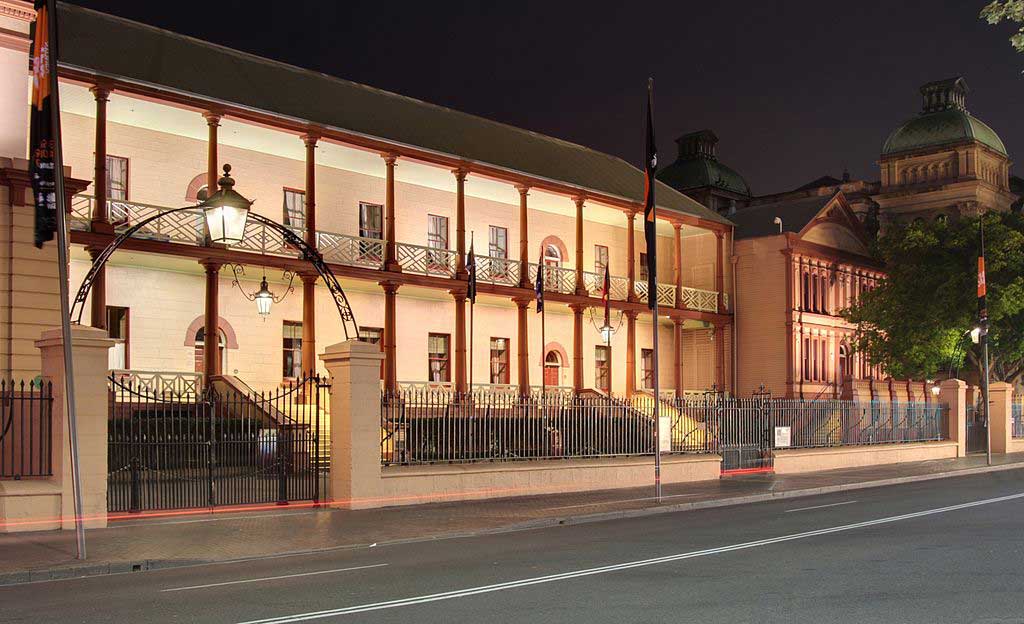These are some initial responses by Elderlaw senior solicitor Rodney Lewis to the Voluntary Assisted Dying Bill 2021, currently before the NSW Parliament. Elderlaw Legal Services, a division of Foulsham & Geddes Pty Ltd.
Shortcomings of the Voluntary Assisted Dying Bill 2021
I think there are some matters which are not adequately covered in the Bill.
In relation to the review of decisions, which is the opportunity for challenging, if necessary, the decisions of the medical practitioners, a person who may bring the matters before the Tribunal includes [definition of ‘eligible applicant’ s.108]:
(a) a patient who is the subject of a decision [by the Tribunal under] section 109(1)(a)–(d), or (b) an agent of a patient … or
(c) a person who the Tribunal is satisfied has a special interest in the medical care and treatment of [the person].
The matters which are the subject of the application for review are [s.109]:
(a) a decision of a patient’s coordinating practitioner in a first assessment that the patient— (i) … [residence qualification];
(ii) has or does not have decision-making capacity in relation to voluntary assisted dying, or (iii) is or is not acting voluntarily and not [acting -rl] because of pressure or duress,
(b) a decision of a patient’s consulting practitioner in a consulting assessment that the patient—
…
(iii) is or is not acting voluntarily and is or is not acting because of pressure or duress,
(c) a decision of a patient’s coordinating practitioner to make a statement in a final review form certifying that [s/he] is satisfied the patient—
(i) has or does not have decision-making capacity in relation to voluntary assisted dying, or (ii) … is or is not acting voluntarily and is or is not acting because of pressure or duress,
(d) a decision of the Board to refuse an application for a voluntary assisted dying substance authority in relation to a patient.
Who is an ‘agent’?
The identity of an ‘agent’ is in my opinion, obscure, in this context. It means ‘a person who acts on behalf of the patient’ [Schedule 1-Dictionary].
It is unclear from the legislation who may be an “agent”. We have broad legal definitions of who may be an agent, but here we have someone who may be so ill and focussed on unbearable pain, as to be unable to make those kinds of decisions.
Since the Bill is concerned only with capacity to understand ‘voluntary assisted dying’, the capacity to understand who an agent is and their delegated functions, will likely be different. It is the same capacity required to understand the making of a power of attorney (see Szozda v Szozda [2010] NSWSC 804).
Will a written agency appointment be required? Is a solicitor an agent? Will a solicitor be denied leave to appear if capacity to instruct is in doubt? The Bill makes a point about the capacity which the person is required to have and that is, to understand the nature and effect of voluntary assisted dying.
In my experience in the Guardianship Division of NCAT and the Guardianship Tribunal before that, it is sometimes essential, in the interests of the subject person and in the interests of justice and fairness to hear from family members who seek to be heard, especially when they have views and experience which are not necessarily shared by the rest of the family. Family members seem to have no status in this Bill, yet are among those whose views may be critical as to whether there is present, any pressure or duress.
Consider the circumstances which might exist and which may lead a medical practitioner to overlook or mistake conduct by another person impacting upon the subject person, in the manner described as pressure or duress. The definition found in the Bill of those words is “abuse, coercion, intimidation, threats, undue influence from another person or other pressure or duress”.
Not enough guidance in the Bill
The Bill makes no attempt to guide the medical practitioners in how they may discover the facts and circumstances which might show that any pressure and duress may have occurred. There is no reference to making inquiries or the necessity or otherwise of consulting with family members.
For those reasons, I suggest that an extra qualifying definition of an ‘eligible applicant’ should include ‘any person who has a genuine interest in the welfare of the person’. That will enable not only family but in cases where there is no family, others such as friends to make an intervention if they have evidence of ‘pressure or duress’.

